Whether your pet has had a laceration repair, abdominal surgery or a fracture repair, it is extremely important to follow post surgical instructions given to you by your veterinarian. The most common post surgical complications in my practice are licking and chewing incision causing infection and in worst case dehiscence of the surgical procedure. Additional complications that I see are excessive activity post surgery such as running, jumping, rough housing causing hematoma at the site of the sutures.
Activity level restrictions depend on the surgery that was performed. For instance, a cruciate repair patient will go home with specific physical therapy exercises as well as any other orthopedic procedure or intervertebral disc disease repair. For a routine surgery such as ovariohysterectomy, a leash walk only until sutures are removed is the general recommendation.
Know that your pet may be groggy from anesthesia, or pain medication once you take your pet home. They may not even want to eat or drink that evening, but should be more normal the next morning. Your vet will give you instructions on what is normal and abnormal following the particular surgery, and when to start prescribed medications such as pain medication, and antibiotics if necessary. In most cases, a cone is recommended to prevent licking at the sutures. There are several types available.
Diet is important in healing and may be amended during the recovery time. For instance, it may be recommended that your pet have soft foods post dental extraction, or warmed food to entice appetite. Good quality nutritious foods are needed for healing.

